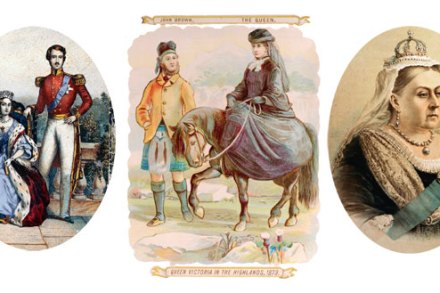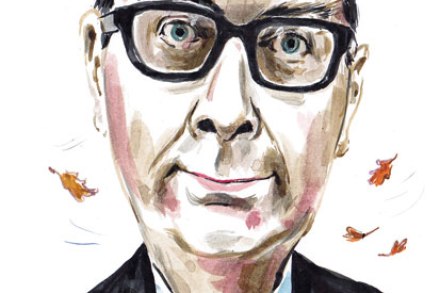Corrie and ready-salted crisps: the years when modern Britain began
In Burberry’s on Regent Street on a dank December day in 1959, David Kynaston records, ‘a young Canadian writer, Leonard Cohen […] bought a not-yet-famous blue raincoat’. For those joining Kynaston’s groaning historical wagon train for the first time, this is a sample of the sort of thing with which it abounds. Here is a




















